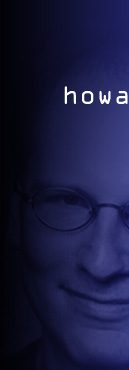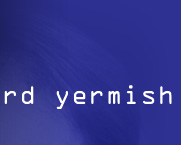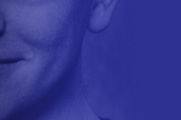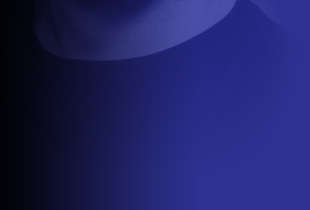not the gentle hours rise (1998)
mixed chorus, mezzo-soprano solo, and orchestra
texts by Dylan Thomas and e.e. cummings
Notes on the Composition:
In this time of doctor assisted suicide, teen murderers, and chemical weapons, the news media seems to have a morbid fascination with death. When the news is not about a political or Hollywood scandal, it usually informs us about the killings of the day. Perhaps we are so frightened of our own mortality that we want to get as much information in preparation for the inevitable. Perhaps we merely enjoy watching the senseless violence on America's Funniest Home Videos.
not the gentle hours rise can be viewed as a GenX requiem. (I do not really care if I am GenX or not, but I am the right age.) The two texts set in this work present opposing views about death. The Dylan Thomas text emphasizes the fight against one's mortality and the e.e. cummings text suggests a more cyclic view of existence. The juxtaposition of the poems creates a third text that is more expressive of my own feelings.
Designed to precede the Mozart Requiem, not the gentle hours rise begins with an extended acceleration, constantly building onto itself from the opening gestures. The activity reaches the climatic moment in the mezzo-soprano solo, but then shifts to a very calm texture with the reentrance of the chorus. The work closes analogously to the opening but now affected by its close proximity to the Mozart Requiem.
not the gentle hours rise was commissioned by The University Singers of Saint Joseph's University, Philadelphia, PA. The world premiere performance was given Friday, 24 April 1998 at the Chapel of Saint Joseph, Michael J. Smith Memorial and conducted by Allan R. Scott.
|





